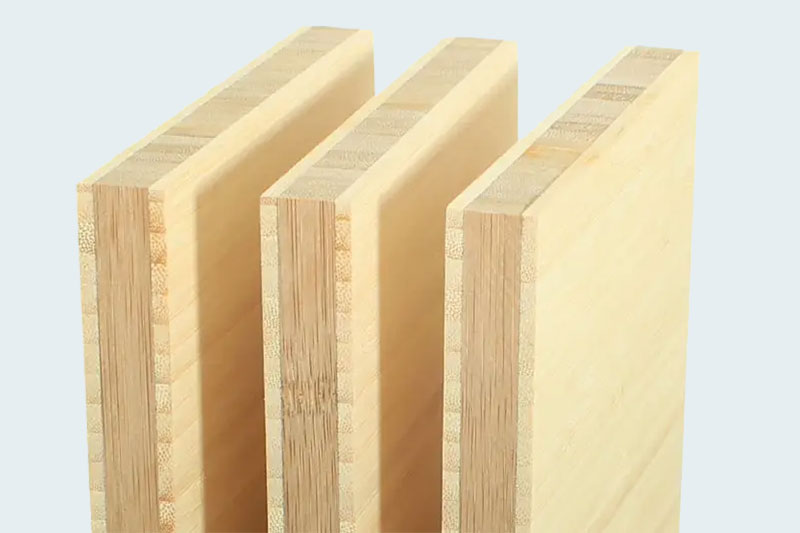Sign up to the Built Offsite Newsletter

Cross-laminated bamboo meets strength requirements for load-bearing walls, floors, and ceilings.
Filipino researchers have identified that cross-laminated bamboo (CLB) has the potential to be a “game-changing construction material”. The Forest Products Research and Development Institute of the Department of Science and Technology (DoST-FPRDI) has been exploring engineered bamboo and found that CLB made from local bamboo species is promising.
According to Dr. Rico Cabangon, DoST-FPRDI deputy director and one of the researchers, engineered bamboo refers to composite boards made from processed raw bamboo that are often stronger and less prone to warping than solid wood. They can be used for furniture, decor, doors, and structural elements such as walls, ceilings, and floors.
In a recent study, the DoST-FPRDI researchers measured the strength of CLB made from two local species, kawayan tinik (Bambusa espinosa) and giant bamboo (Dendrocalamus asper). The team produced CLB by gluing layers of bamboo slats on top of each other, with the grain of adjoining layers running in opposite directions, giving the board strength in two directions.
Project leader Christian Camacho stated that their CLB met the strength requirements of some cross-laminated timber products and has promising density, hardness, and bending strength for load-bearing walls, floors, and ceilings. Camacho was inspired to study CLB by cross-laminated timber, an innovative panel gaining attention worldwide.
The U.S housing industry is also in their sights.
“With the local housing demand at an all-time high, there is space for CLB in the Philippine building industry, especially in prefabricated housing,” said Camacho. “The demand for prefab houses is expected to reach 145,000 units in the US next year. This makes CLB a potential exportable construction material.”
In addition to its potential as a construction material, CLB may well provide a livelihood to local bamboo farmers and other players in the bamboo industry.
See: https://fprdi.dost.gov.ph/